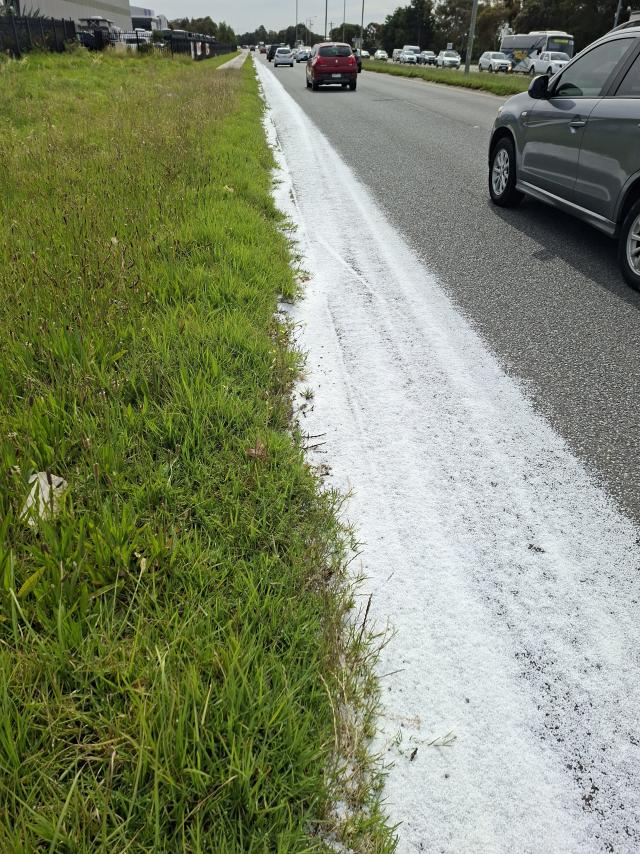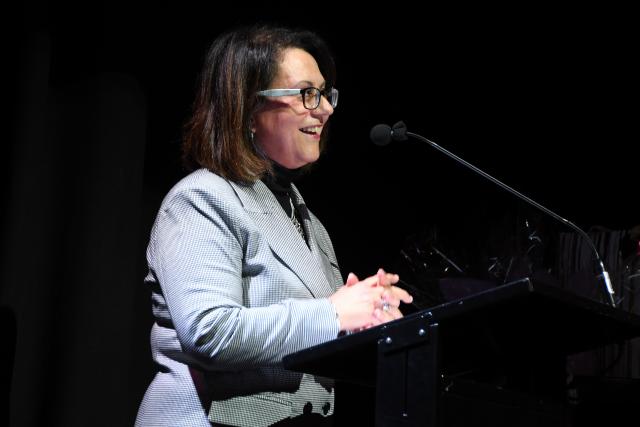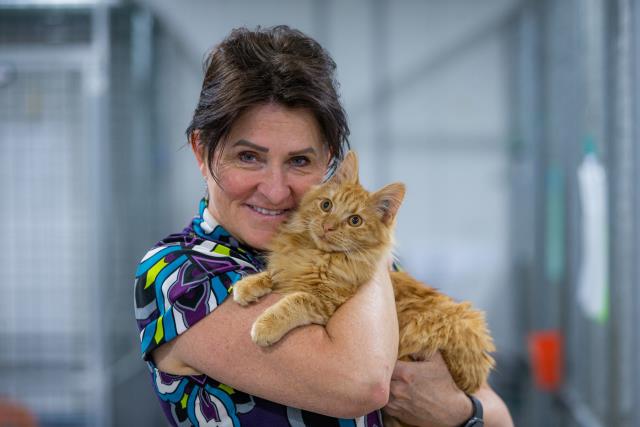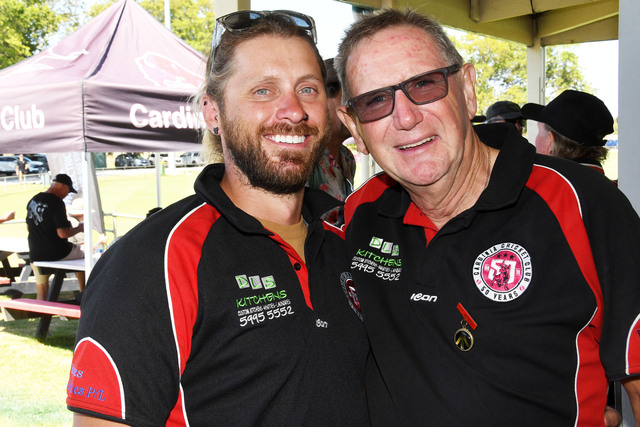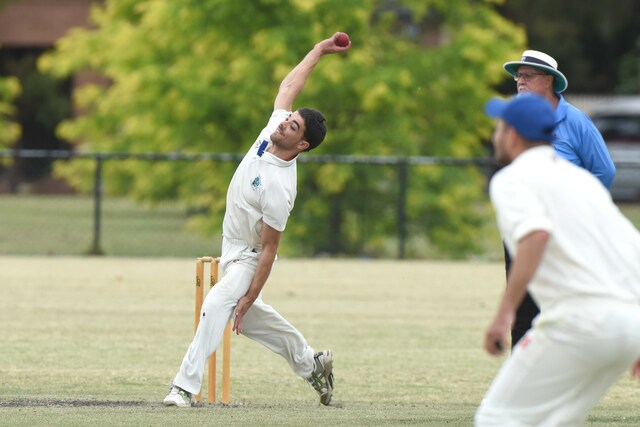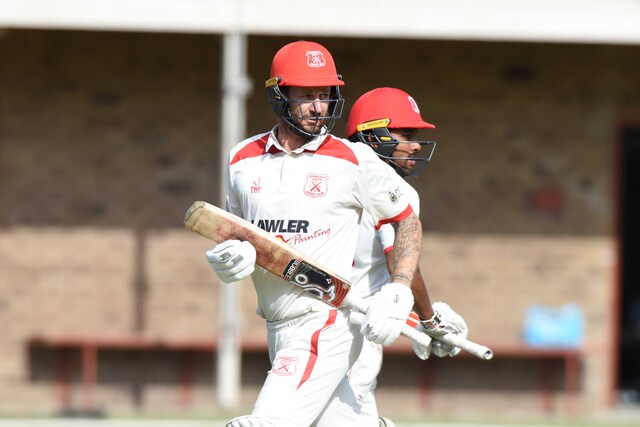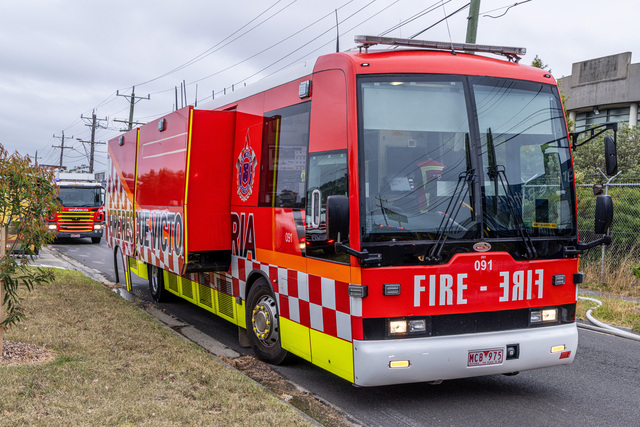In the words of actor Bill Cosby: “Nothing I’ve ever done has given me more joys and rewards than being a father to my children.”
A far cry from the dads of the past who weren’t encouraged to come near the labour ward, modern fathers are playing an increasingly hands-on role in child rearing.
Yet, as one in three marriages in Australia end in divorce, more fathers are struggling to maintain that special bond with their children. And for those fighting for sole or shared access to their children, it can be a lengthy battle.
After more than $100,000 in legal fees and 12 months of, at times, bitter court proceedings, south eastern suburbs resident ‘Andrew’, who did not want his real name published, is the sole carer of his two children.
Andrew says it has been an emotionally draining experience in a situation where there were no winners. “It is a battle, but you are just doing what any other parent would do for their kids,” he says.
Since starting legal action, Andrew has had to sell the family home and move back in with his parents to provide a stable environment for his children. “It has financially crippled me. These costs on top of what the kids need on a daily basis is a big stress.”
Throughout court proceedings, dealings with police and in everyday conversation, Andrew says he repeatedly came up against the same comment: “She is the mother”, to which he’d respond: “Well, I’m the father”.
Dean Mason, national chairman of Dads in Distress Support Services, a group for fathers dealing with relationship breakdowns, and author of Daddy’s OK, says there are many pressures working against children enjoying a meaningful connection with both parents following divorce or separation.
Mr Mason is calling for courts to be more stringent in ensuring both parents encourage a healthy relationship between their children and the other parent. “There are many ways parents could demonstrate to the court that they were supporting the other parent being involved in the child’s life.”
He believes recent amendments to the Family Law Act, which included scrapping the ‘friendly parenting provisions’, reduced the power of the court to insist on parents supporting a healthy relationship between their children and former partner.
“It is an adversarial system, where parents are encouraged to use whatever tactics they can, including family violence [claims] that often result in preventing one parent from being involved in their children’s lives,” he says. “A parent needs only to allege family violence of some form and the courts and police are obliged to take that allegation seriously.”
Mr Mason says societal ideals and practices embedded in the Family Court worked against men. “We have a healthy instinct in society to protect women and children first, so when police intervene in an alleged domestic violence situation sometimes it is just easier to take dad out of the equation for a while.
“What is not understood is the risk of the father then becoming disengaged from the family. We have to do something to raise awareness and work towards changing legislation to make it easier for children to stay engaged with their dads.”
Stephen Gregory, chairman of the courts practice committee and deputy chairman of the executive of the family law section of the Law Institute of Victoria, says the best interests of the child remains as the cornerstone of the family law system.
Only the most complex cases ended up at a final court hearing, with most cases resolved either in mediation or prior to court proceedings.
“There is no such thing as ‘custody’ or ‘access’, it is now known as ‘living with’ and ‘spending time with’ children,” he explains. “There is the presumption that both parents should have shared responsibility of the children and that both parents should be included in any long-term decision-making about the children in their lives.”
Mr Gregory says in situations where one parent is working full-time while the other stays home, it is likely that situation would stay the same after the couple divorced. “The court will look at what has happened through the course of the marriage and what the parties’ current circumstances are.”
Children are never brought into a courtroom. “Interviews with children are generally conducted by a family consultant, prior to court proceedings.”
If either party is found to be lying in court, it is up to Australian Federal Police to decide whether to lay perjury charges.
Asked if anything can be improved in the court system, Mr Gregory says the Family Court and Federal Magistrates Court need extra funding.
“There is an increasing number of later-in-life separations and with many blended families, including de facto relationships and same-sex relationships, financial arrangements between the parties are becoming more complex. The courts need to be properly resourced to deal with those issues in the future.”
Reade Smith, who has been heavily involved with the Dads’ Den in Tyabb, run by Dads in Distress, says the peer support group assists men experiencing a difficult time with a partner, going through separation or having problems gaining access to their children.
“We are not qualified counsellors, we don’t counsel people, we just chat in a relaxed environment similar to friends catching up at a coffee shop,” he said.
One of the mottos of the group is that there is his story, her story and somewhere in between there is the truth.
Having been through separation himself, Mr Smith knows how hard it can be. His adult children both live in Queensland.
Mr Smith says they encourage fathers at the group to use time they would otherwise have devoted to their children to volunteer in the community.
“We call it ‘free daddy time’ and we urge fathers to donate that time to help out in the community, whether it be mentoring children or coaching the local soccer team. In turn, they may be spending time with children who might not have much contact with their own fathers.”
SUPPORT FOR MEN
Dads in Distress (24 hours) peer support: 1300 853 437
DadsLink (organised father/children activities including camps): 9345 8011 or victoria.ymca.org.au/dadslink
Dads in Distress Narre Warren South group, Oakgrove Community Centre: 1300 853 437
Men’s Line (24 hours) support service for men dealing with relationship problems: 1300 789 978
Relationships Australia: 1300 364 277 or relationships.org.au.
What do you think? Post a comment below.
For all the latest breaking news, stay with this website. Also, follow the Weekly at facebook.com/greaterdandenongweekly or on Twitter @DandenongWeekly.


